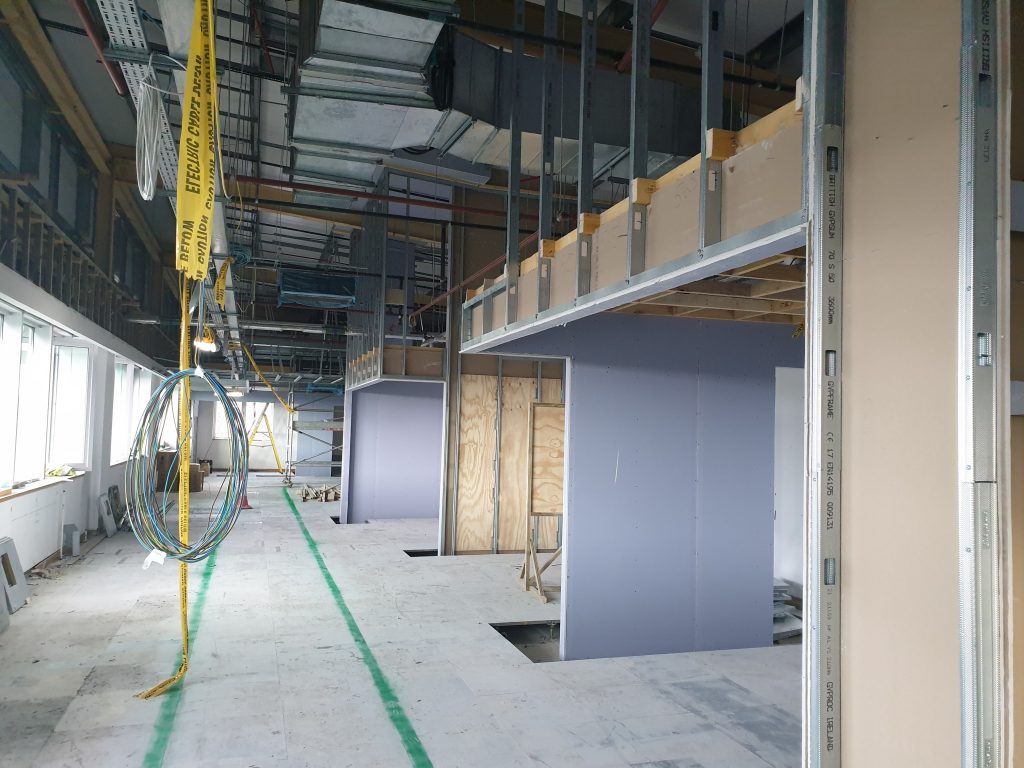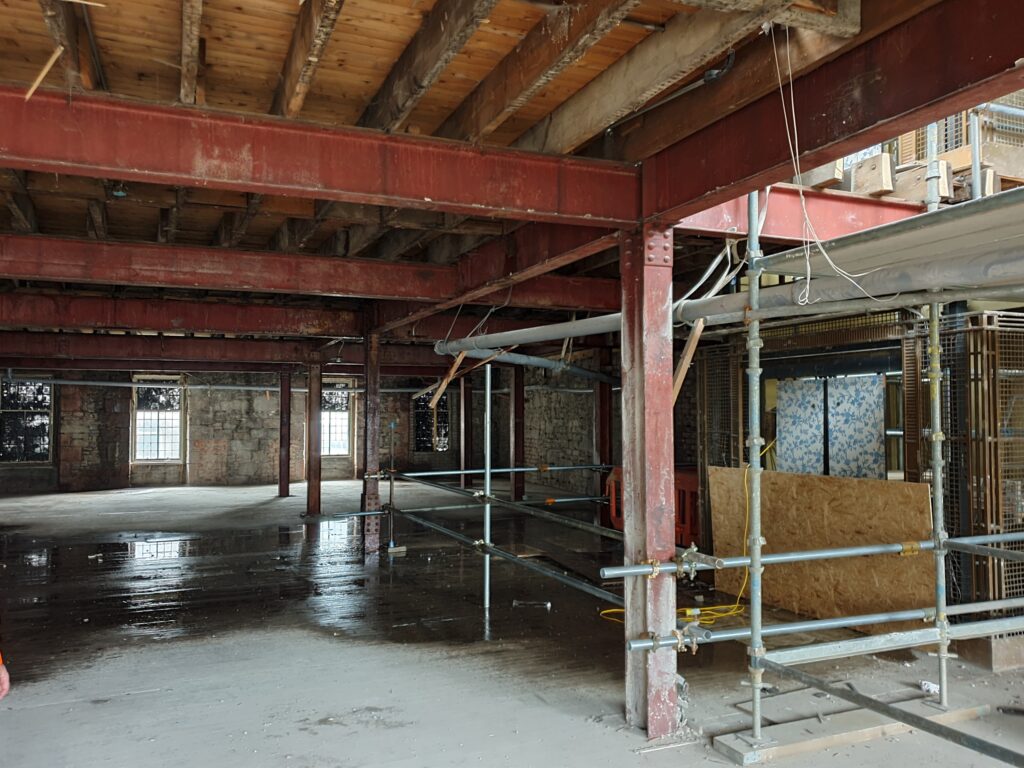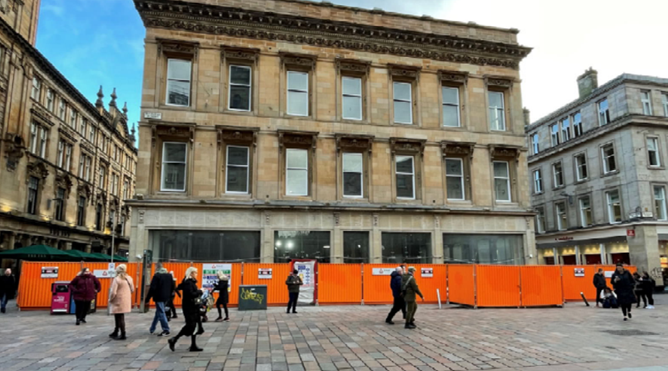
The role of a Quantity Surveyor (QS), or also referred to as Cost Consultant or Cost Manager, in the field of commercial refurbishments is diverse and critical, focusing on more than just overseeing costs. As the construction industry incorporates more sustainable practices and advanced technology, the expertise of a QS becomes increasingly valuable. This article explores the various responsibilities of a QS in commercial projects, clarifies common misconceptions, and looks into the future of the profession.
What does a quantity surveyor do?
It’s important to understand the traditional role of a Quantity Surveyor in simple terms. Traditionally, a QS is the financial expert in construction projects, responsible for managing and controlling costs. This role involves estimating and monitoring construction costs, from the feasibility stage of a project through to the completion of the construction period, including bringing on board contractors on behalf of their client. At its core, a QS ensures that projects are completed within budget, providing essential financial guidance and cost control to deliver a cost efficient project that achieves the maximum return for their client.
Now, as the construction industry incorporates more sustainable practices and advanced technology, the expertise of a QS becomes even more valuable. This article explores the various responsibilities of a QS in commercial projects, clarifies common misconceptions, and looks into the future of the profession.
In-Depth Financial Management
Central to every successful refurbishment project is an accurately planned budget. The QS takes on the responsibility of not just forming this budget but ensuring it aligns with the project’s goals and constraints. This involves evaluating design options, understanding the financial implications of changes, advising on procurement strategies, and ensuring the project remains financially viable. A prime example of this can be seen from the Leven office refurbishment, a project that Torridon delivered for Chivas Brothers, where our involvement from start to finish and a collaborative approach to procurement played a crucial role in the project’s success.
The Realities of Benchmarking
A common misunderstanding in commercial refurbishments is the simplicity of benchmarking costs between projects. Unlike new builds and fit-outs, which by comparison are simple to benchmark against other similar projects at a project level, refurbishments can vary significantly, even between two seemingly similar buildings. On a refurbishment project, instead a much deeper analysis is required in order to give a meaningful cost comparison between two buildings, requiring a skilled Quantity Surveyor to make sense of the differences and balance these accordingly.
Beyond the traditional roles
As the focus on sustainable practices grows within the construction industry, the role of the QS is evolving. The modern QS is not only tasked with cost management but also with evaluating and managing the environmental impact of construction projects. This includes assessing the carbon footprint and exploring cost-effective, environmentally friendly practices, such as evaluating the whole life implications, exploring material reuse / component retention and reduction of embodied carbon.
As the industry leans towards digital transformation, the QS role will evolve, and repetitive activities will be replaced by automation, giving the surveyor accurate information at their finger tips and increasing focus on their expert analysis. I think tools like AI driven data analysis and measurement will become more standard in the industry, enhancing the accuracy and efficiency of QS work. These technologies can not only streamline processes by automating repetitive measurement and costing activities but also provide clients with clearer insights and more control over their projects, and allow the surveyor to focus on adding value.
Conclusion
The role of a Quantity Surveyor in commercial refurbishments is far-reaching and essential to the success of a project. With a focus that extends beyond cost to include sustainability, risk management, and technological integration, the QS is a key player in navigating the complexities of refurbishment projects. If you’d like to find out more about how your business or project could benefit from the involvement of a Quantity Surveyor, please reach out.
Tags: Cost Certainty Refurbishment










